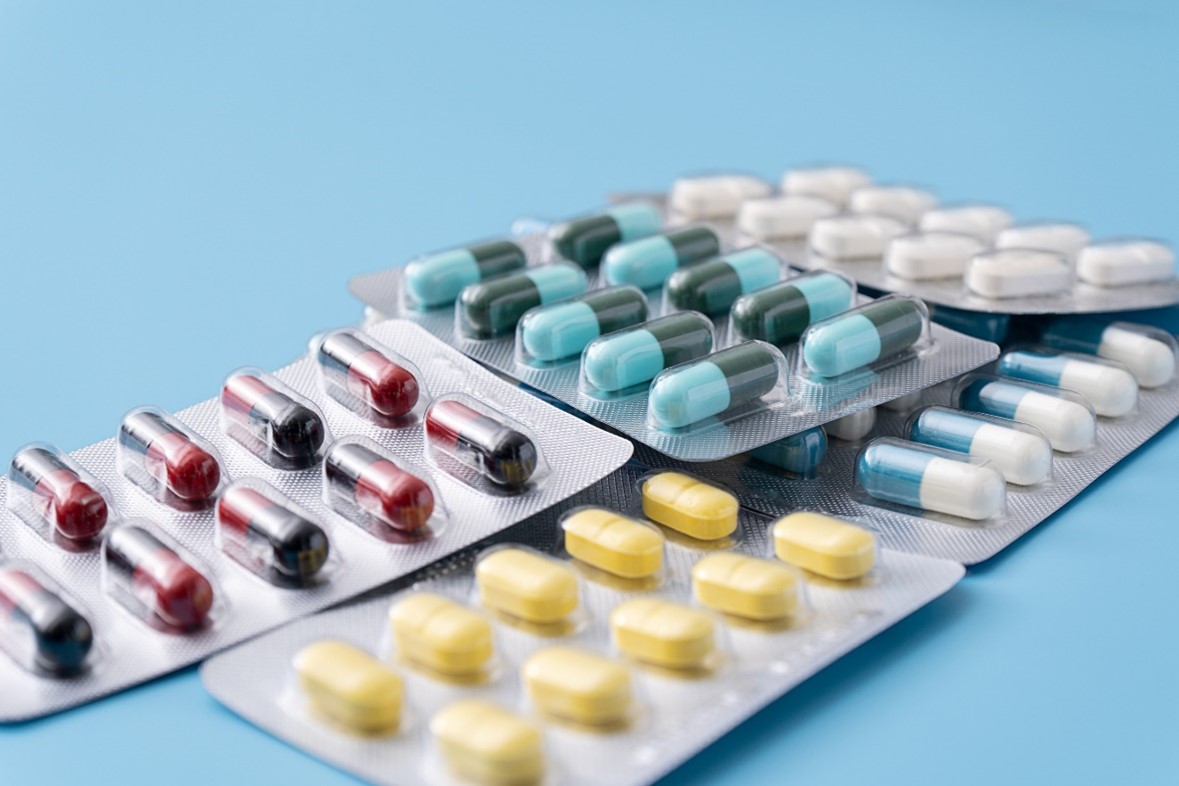Dr. Yaw Adu Gyamfi is the owner of Danadams Pharmaceuticals. In the following article, Dr. Yaw Adu Gyamfi discusses the challenges faced by rural communities when seeking medical or pharmaceutical care, and how generic medicines may offer an affordable solution that reduces costs while increasing accessibility to quality medical services.
For millions of rural residents, access to quality healthcare and affordable medications remains out of reach, behind a barrier. Dr. Yaw Adu Gyamfi explains that with fewer healthcare facilities available and financial constraints preventing individuals from getting the medicines they need, innovative solutions are required to provide adequate care to them.
Limited Facilities and Access in Rural Areas
According to the National Rural Health Association, around
20% of America's population lives in rural areas, yet only 9% of physicians practice there. A 2018 study revealed that rural residents were less likely to have access to primary care physicians, specialists, and emergency care. Dr. Yaw Adu Gyamfi explains that rural hospitals have been closing at an alarming rate - 136 between 2010 and 2021 - prompting concern about financial burdens and insurance gaps.
Rural areas typically experience higher rates of poverty, making healthcare access even more challenging. According to census data from 2019, 16.1% of people living in non-metro areas lived below the poverty line, compared to 12.3% of people living in metro areas. According to the Kaiser Family Foundation, rural residents are more likely to be uninsured or underinsured than their urban counterparts.
Reduce Costs with Generic Medicines
Dr. Yaw Adu Gyamfi maintains that generic medicines are clinically bioequivalent to their brand-name equivalents while often being sold at significantly reduced prices. According to the FDA, generic drugs can cost
up to 85% less than their brand-name equivalents. In 2019, generic medicines were estimated to have saved the U.S. healthcare system an estimated $313 billion.
Expanding Access to Vital Medications
Generic drugs can provide a vital financial bolster in rural areas, allowing more patients to access essential medications. A study published in JAMA Ophthalmology revealed that when generic versions of glaucoma medications became available, prescription rates increased for those living in rural areas, suggesting improved access to treatment.
Telemedicine and Remote Consultations
Dr. Gyamfi discusses that Telemedicine, which allows patients to consult with healthcare providers remotely, has the potential to expand access to care in rural areas. According to a 2018 survey, 86% of rural healthcare providers were using telemedicine in some capacity. CARES Act provided $200 million in funding for expanded telehealth services during the COVID-19 pandemic, increasing access to healthcare in rural areas.
Mobile Clinics and Outreach Programs
According to Dr. Yaw Adu Gyamfi, mobile clinics and outreach programs such as Danpong on wheels can serve to bridge the distance between rural communities and healthcare facilities. Examples include the Migrant Clinicians Network, which provides healthcare to migrant farmworkers, and the Remote Area Medical program, which offers free dental, vision, and medical services in underserved areas.
Supporting Local Pharmacies and Generic Medicine Distribution
Local, independent pharmacies are essential in rural communities, providing access to both prescription and over-the-counter medications. In addition, Dr. Gyamfi says that government and non-profit initiatives, such as the 340B Drug Pricing Program, enable eligible healthcare organizations to provide discounted medicationsincluding generic medicines, National Health Insurance Scheme (NHIS) to serve vulnerable populations.
 Rural Healthcare and Generic Medicines in Transition:
Rural Healthcare and Generic Medicines in Transition:
" Promoting the Utilization of Generic Medicines
Promoting generic drugs could significantly reduce healthcare costs in rural communities.
Medical professionals and pharmacists have a unique opportunity to educate patients about the advantages and cost-savings associated with generic medicines.
" Overcoming Regulatory Obstacles
Dr. Yaw Adu Gyamfi says that the FDA continues to approve more generic drugs each year, yet regulatory obstacles persist.
Simplifying the approval process for generics could make a wider range of medications affordable for rural residents by investing in rural healthcare infrastructure.
" Expanding Access to Rural Healthcare Infrastructure
Dr. Yaw Adu Gyamfi says that addressing the healthcare crisis in rural areas necessitates significant investment in infrastructure, such as hospitals, clinics, and pharmacies. Programs like USDA Rural Development provide loans and grants to help build or upgrade healthcare facilities within these communities.
Conclusion: Promoting Rural America's Healthier Rural Sector
While providing medical and pharmaceutical care to rural communities remains a complex challenge, the growing adoption of generic medicines in telemedicine and outreach programs offers a promising path toward closing the healthcare gap.
By prioritizing access to cost-effective generic medications and investing in rural healthcare infrastructure, we can work towards creating a more equitable healthcare landscape so that all Americans have access to healthy lives, regardless of their location.
 Rural Healthcare and Generic Medicines in Transition:
Rural Healthcare and Generic Medicines in Transition: